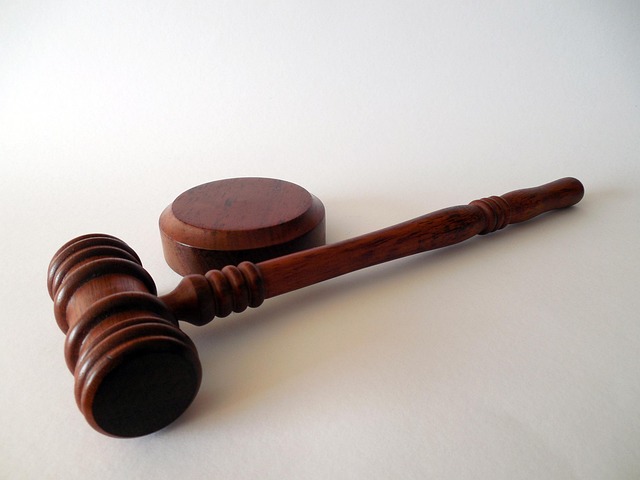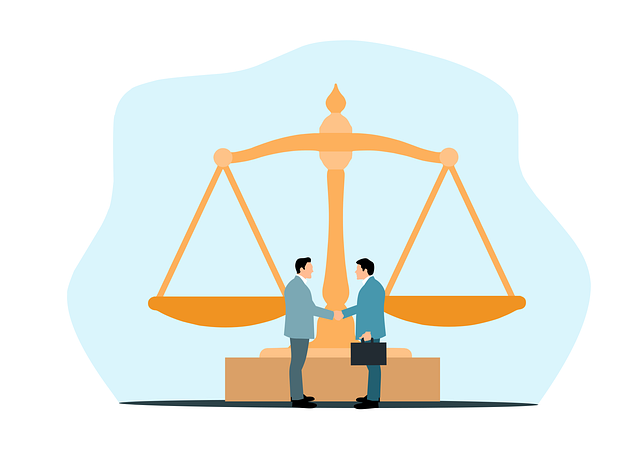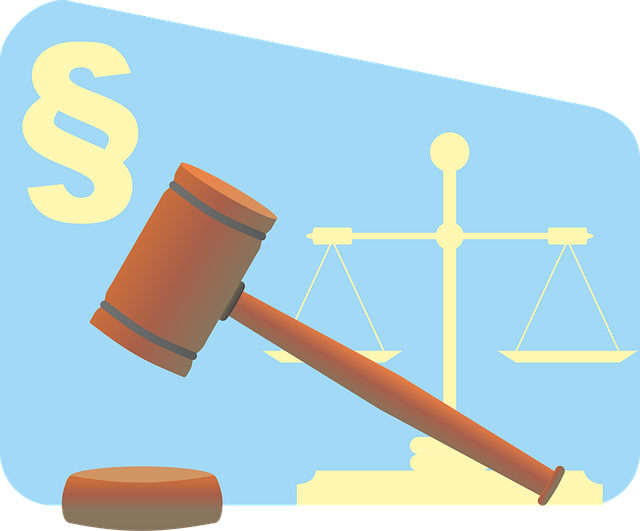Environmental crime trials require a deep understanding of both environmental science and legal nuances to navigate intricate investigative processes and avoid common reasons for appeal denials, such as improper evidence handling, insufficient legal arguments, and procedural errors. Expert witnesses play a crucial role in presenting complex data accurately, while global cooperation is essential to harmonize laws, prevent loopholes, and ensure justice in combating green-collar crimes worldwide.
“Environmental Crime Trials: Unraveling Legal Complexities and Global Impacts
This article explores the intricate world of environmental justice through the lens of criminal trials. We delve into ‘Understanding Environmental Crime Trials’ from a legal perspective, uncovering the reasons behind appeal denials in these complex cases. From evidence manipulation’s effect on trial outcomes to the pivotal role of expert witnesses, we analyze key factors shaping jury decisions. Additionally, we discuss international collaboration’s significance in combating global green-collar crimes, highlighting the shared efforts required for environmental protection.”
- Understanding Environmental Crime Trials: A Legal Perspective
- Common Reasons for Appeal Denial in Environmental Cases
- The Impact of Evidence Manipulation on Trial Outcomes
- Role of Expert Witnesses in Shaping Jury Decisions
- International Collaboration: Fighting Green-Collar Crimes Globally
Understanding Environmental Crime Trials: A Legal Perspective

Environmental Crime Trials, a specialized legal arena, focus on prosecuting violations impacting the environment. These trials are complex, often involving intricate scientific evidence and extensive regulatory frameworks. From the outset, understanding the unique aspects of environmental law is paramount. Prosecutors must navigate all stages of the investigative and enforcement process, ensuring adherence to stringent procedural rules designed to protect both the accused’s rights and the integrity of the ecosystem.
The common reasons for appeal denials in these high-stakes cases underscore the meticulous nature required. Inaccurate evidence handling, insufficient legal arguments, and procedural errors can readily derail an appeal. As such, it’s crucial to master not only the science behind environmental crimes but also the legal nuances across the country, ensuring a robust defense strategy that accounts for both the specific circumstances of each case and the evolving landscape of environmental law.
Common Reasons for Appeal Denial in Environmental Cases
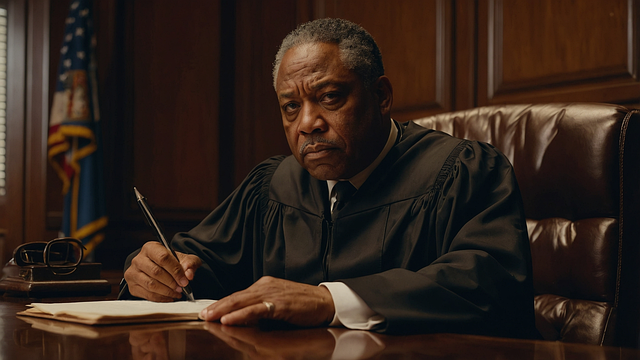
In environmental crime trials, appeals are often denied due to a variety of reasons that cut across all stages of the investigative and enforcement process. One of the primary factors is the lack of substantial evidence supporting the appeal, with many denials stemming from insufficient proof of environmental harm or criminal intent. Judges frequently uphold convictions when the prosecution presents robust scientific data and expert testimony, clearly demonstrating the respective business’s culpability.
Another common reason for appeal denial involves procedural errors committed during the trial, such as ineffective assistance of counsel or inadequate preservation of evidence. Additionally, courts are often reluctant to disturb factual findings made by lower courts, especially when these findings are supported by a thorough and comprehensive record. The intricate nature of environmental crimes, often involving complex scientific and legal issues, can lead to denials if the defense fails to adequately challenge the prosecution’s case during white collar defense strategies.
The Impact of Evidence Manipulation on Trial Outcomes
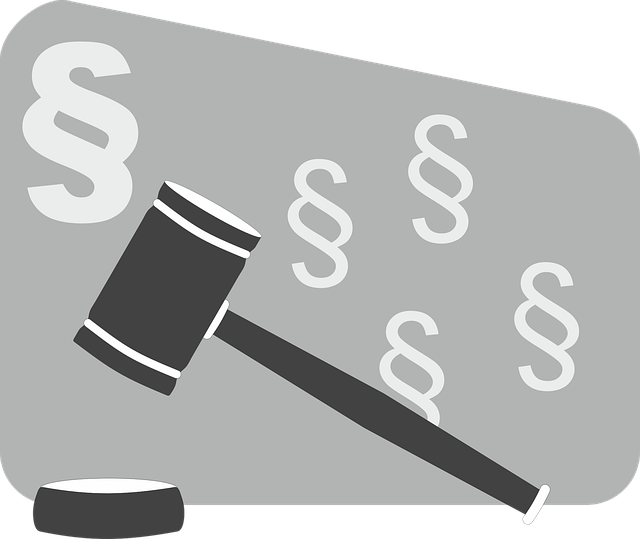
Evidence manipulation is a significant concern in environmental crime trials, as it can sway jury decisions and lead to unfair outcomes. Manipulated evidence, such as tampered data or falsified reports, undermines the integrity of the legal process. When defendants are found guilty based on altered evidence, it not only perpetuates environmental injustices but also erodes public trust in the justice system. Common Reasons for Appeal Denial often include issues related to the admissibility of evidence and procedural errors, making it even more crucial for prosecution teams to ensure the authenticity and integrity of their case files.
An unprecedented track record of successful prosecutions, however, highlights the growing vigilance among judicial bodies in tackling environmental crimes. Jury trials have become forums where not only the facts but also the methods behind data collection are scrutinized. This shift ensures that justice is served with precision and transparency, deterring potential perpetrators from engaging in fraudulent practices. The outcome is a more robust legal framework designed to protect both the environment and the integrity of judicial proceedings.
Role of Expert Witnesses in Shaping Jury Decisions

Expert witnesses play a pivotal role in environmental crime trials, often shaping jury decisions significantly. These specialists bring invaluable knowledge and insights to the courtroom, helping both the prosecution and defense paint a clearer picture of the facts. Their testimony can sway public perception and provide critical context, especially in complex cases involving scientific data or technical aspects of pollution. By presenting evidence in an understandable manner, expert witnesses aid juries in reaching well-informed verdicts.
In many instances, the outcome of a trial hinges on the credibility and persuasiveness of these experts. Common Reasons for Appeal Denial often stem from ineffective presentation of evidence by general criminal defense attorneys, making the expertise of seasoned environmental lawyers with an unprecedented track record invaluable. Achieving extraordinary results in such cases requires a deep understanding of both the legal framework and the underlying science, which adept expert witnesses can provide.
International Collaboration: Fighting Green-Collar Crimes Globally

In today’s interconnected world, environmental crime trials require international collaboration to effectively combat green-collar crimes. The rise of globalized operations has facilitated the commission of white collar and economic crimes across borders, posing significant challenges to domestic legal systems. Therefore, harmonization of laws and enhanced cooperation between nations are crucial for successful prosecution and punishment of culprits. This collaboration is not just about sharing intelligence but also ensuring consistent application of environmental regulations worldwide.
By working together, philanthropic and political communities can address the common reasons for appeal denial in environmental cases. Effective international partnerships can streamline the process of evidence collection, prevent legal loopholes exploited by criminals, and ensure that perpetrators face justice regardless of where they operate. This global effort is essential to preserve our environment and protect the interests of future generations, making it a critical component in the fight against white collar and economic crimes.
Environmental crime trials play a crucial role in holding perpetrators accountable and deterring future eco-offenses. By understanding the legal framework, recognizing patterns in appeal denials, and leveraging expert testimony, justice can be served effectively. The global nature of environmental degradation necessitates international collaboration to combat green-collar crimes, ensuring that those who harm our planet are brought to justice. Awareness of Common Reasons for Appeal Denial in Environmental Cases is essential to strengthening these trials’ outcomes.
